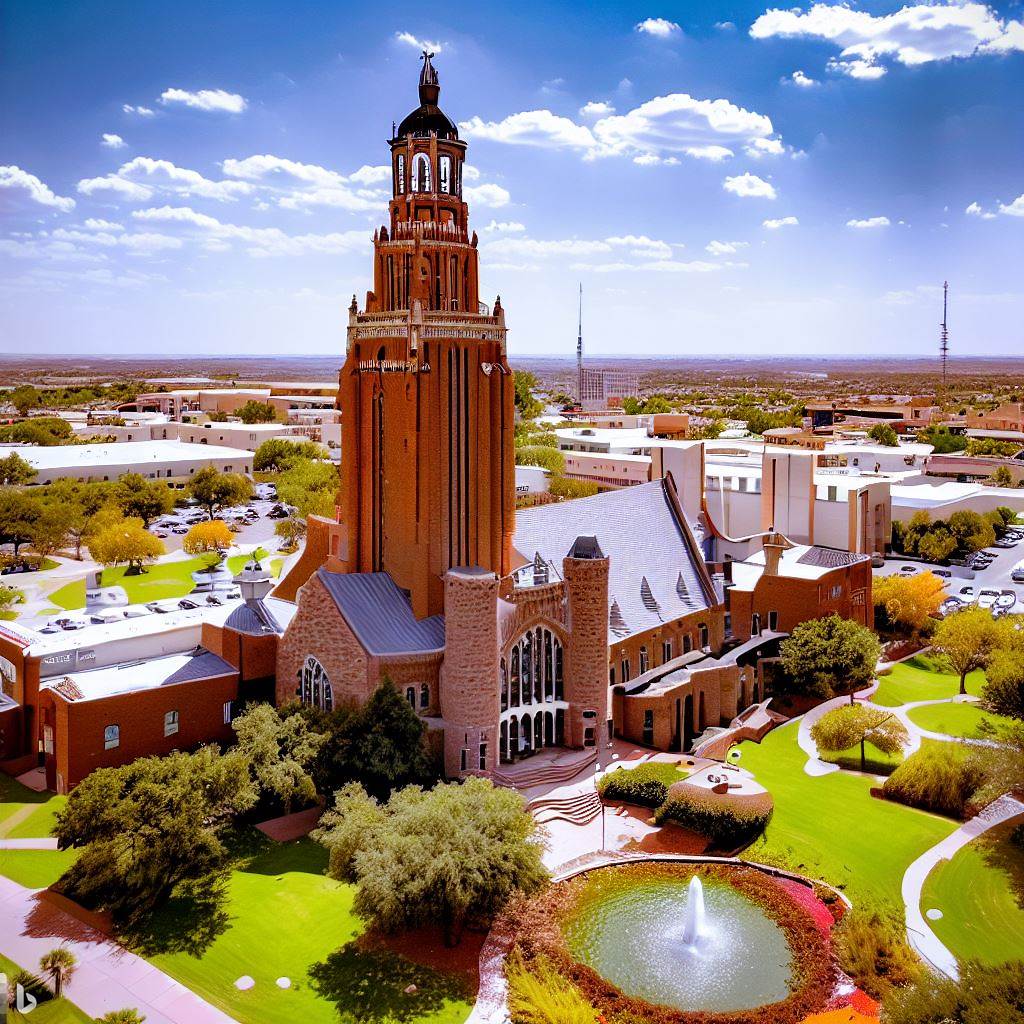Considering the notion of residing in Midland, Texas, one might assume it’s a straightforward proposition. You tally up the factors, draw some conclusions, and then put those conclusions into words. Simple, right? Yet, as is so often the case, the act of committing your thoughts to paper – or a computer screen – inevitably reveals hidden complexities.

Let’s begin with the pros, a term that seems to promise clarity. The cost of living in Midland, for example, is reasonably lower than in many cities. The housing market is relatively accessible and there’s an abundance of jobs in the thriving oil and gas industry. Yet these attractive points, upon closer inspection, may not be as straightforward as they first appear.
Sure, you could write about the cheaper cost of living. But does cheaper also mean better? In some ways, yes. A lower cost of living potentially grants access to a standard of life that might be out of reach in more expensive cities. But what does this say about the quality of services and amenities available in Midland? Are they on par with those in other cities? There’s a difference between ‘cheap’ and ‘value’, after all.
Jobs are indeed plentiful in the oil and gas industry. But what about the environmental impact of such a predominant industry? Does the availability of jobs make up for the potential ecological consequences? Herein lies the conflict between economic prosperity and environmental responsibility.
Then we move to the cons. The city’s isolation might be considered one. Midland is quite a distance from other major cities, making traveling a more substantial undertaking than it might be elsewhere. But isolation can also be an opportunity for a tightly knit community, and who’s to say that the sense of togetherness fostered in such a setting isn’t valuable in its own right? The heat, too, can be extreme – a seemingly clear-cut disadvantage. But for those who thrive in warm climates, is it a disadvantage or a selling point?
Pretend you’re a stranger reading this for the first time, knowing nothing about Midland other than what’s written here. Does this all make sense? Are the pros and cons laid out clearly and impartially? Or are there gaps, inconsistencies, points that demand further exploration? This is the real challenge: creating a depiction of a place that satisfies both the writer and the reader – the familiar and the stranger.
Of course, the reality of living in Midland, like living anywhere, is likely to fall somewhere in the middle. There are pros and cons to every place, and what may be a pro to one person might be a con to another. It’s a subjective decision, influenced by countless factors beyond the simple ones laid out here.
So perhaps the true task here is not to enumerate the pros and cons of living in Midland, Texas, but to acknowledge the inherent complexity of such a question. And with that recognition, we move closer to a genuine understanding, not just of Midland, but of the very nature of choosing a place to call home.
Pros & Cons
Pros:
- Affordable housing and low cost of living
- Plenty of job opportunities in various industries
- Excellent school system and access to higher education
- Abundance of outdoor activities and public parks
- Vibrant downtown area and rich culture
Cons:
- Remote location and limited access to other cities
- High levels of air pollution due to industrialization
- Unattractive setting and dry climate
- Economic cycles and dependence on oil and gas sector
- Lack of entertainment and nightlife options
I hope this helps you get an overview of Midland. If you want to know more details about the city, you can check out the web search results below.